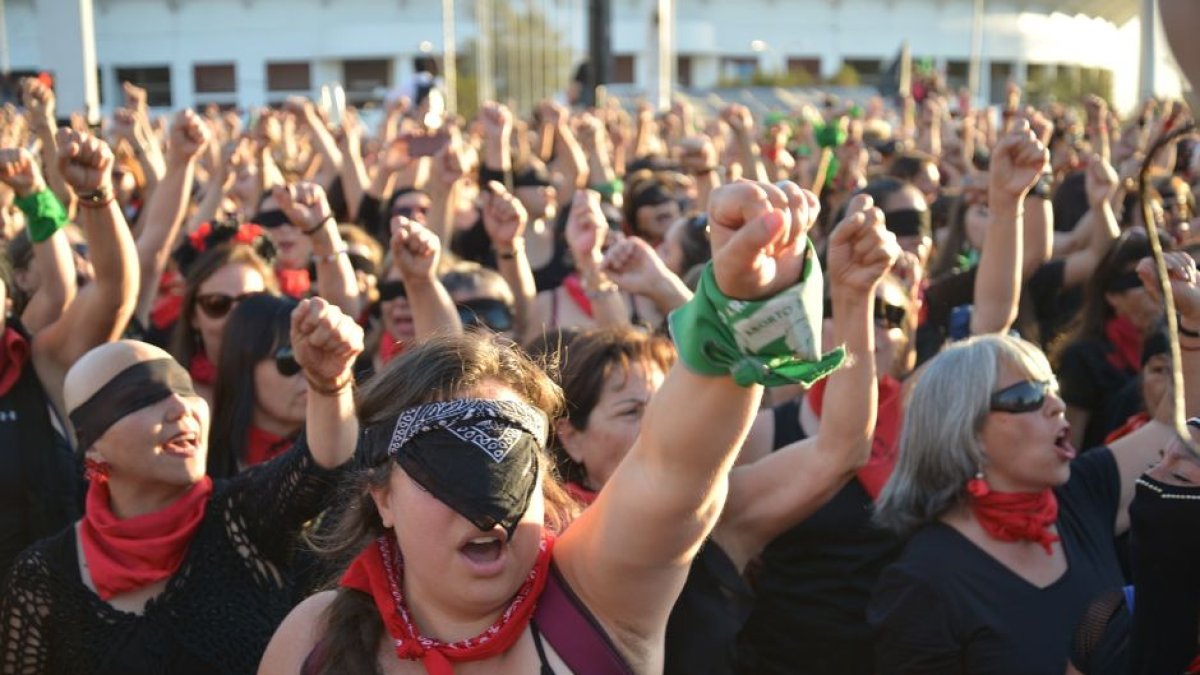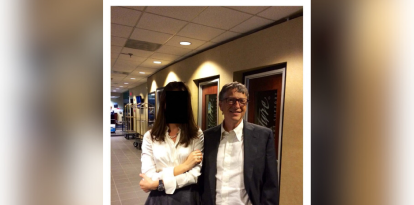Young women lean much more to the left than young men, according to a revealing report
The marked ideological separation between genders shows that Generation Z seems to be breaking generational patterns.

(
Generation Z, comprised of people under 30, is breaking the mold by showing a marked ideological separation between men and women rather than sharing beliefs and opinions as a generation. While young women adopt more progressive stances, young men are more inclined toward conservative ideas.
Although previous generations tend to share similar experiences and ideas, Generation Z defies that pattern by manifesting itself as two distinct groups with noticeably different ideological perspectives according to their gender. Alice Evans, a visiting scholar at Stanford University and researcher on the subject, explains this interesting development in a Financial Times report.
According to data presented in the report, in the United States, women between the ages of 18 and 30 are now 30% more progressive than their male peers, evidencing a significant gap between genders that only took six years to create. Similar situations can be observed in Germany and the United Kingdom, with gaps of 30 and 25 percentage points, respectively.
In Poland last year, around 50% of men aged 18 to 21 expressed support for the right-wing Confederation party, while only around a sixth of women of the same age supported the political group.
According to the report, countries in Africa and Asia experience even more significant disparity between young men and women.
What caused the ideological gap between genders?
According to the Financial Times, the controversial #MeToo movement, which has been singled out for leading to the unfair defamation of individuals, was a major catalyst for so-called feminism that resulted in a major ideological divide between men and women.
Likewise, the report warns that these ideological differences continue to increase, and to a large extent, it is also attributed to the influence of social networks. Young people, by spending more time in separate spaces, are experiencing different realities and perspectives, thus contributing to the growth of these gaps.
A world increasingly hostile toward men
The National Review writer Nate Hochman reacted to the report, highlighting that it is precisely the leftist movement that has been promoting an increasingly critical and hostile attitude towards the male figure under the argument of supposed gender equality. This, in turn, has led men to adjust their political positions and attitudes.
"It's not rocket science: Over the course of the past few decades, the dominant liberal culture in most developed countries has become increasingly hostile to men and masculinity. Men — particularly young men — are adjusting their political priors accordingly," he said.
Despite the motivations behind this phenomenon, questions arise about the possible long-term implications since the opinions of youth could have significant repercussions on future generations, both in the political and social spheres.

























